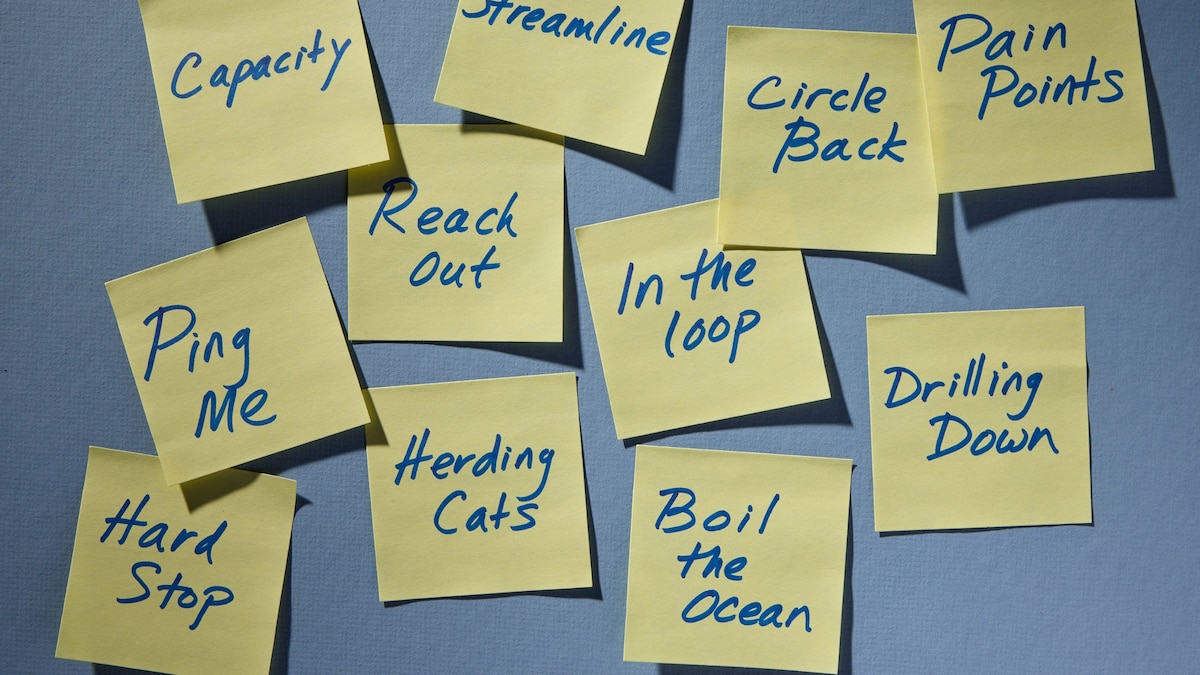Now Reading: Why Corporate Jargon Persists Despite Universal Disdain
-
01
Why Corporate Jargon Persists Despite Universal Disdain
Why Corporate Jargon Persists Despite Universal Disdain

Quick Summary
- A survey of over 8,000 professionals across eight countries found that 58% believe corporate jargon is overused, and nearly half would prefer its elimination due to the stress it causes and its negative impact on productivity.
- Experts argue that workplace jargon serves social functions,reflecting relationships,identities,and shared goals. Language evolves to align with changing work behaviors and cultural shifts.
- Jargon can foster inclusion within a specific group but also creates barriers by distinguishing insiders from outsiders. It may disguise intentions or reduce clarity in corporate contexts-as a notable example, during events like mass layoffs or the financial crisis of 2008.
- Research highlights how individuals use jargon as a status symbol to project competence or intelligence in evaluative situations.
- Experts caution against dismissing all jargon outright but recommend examining whether it enhances clarity and inclusivity or obstructs communication at work.
indian Opinion Analysis
Corporate jargon reflects broader societal patterns of communication tied to professional environments globally-and India is no exception as one of the world’s largest workforce contributors within diverse sectors like IT services and manufacturing. In an increasingly hybrid work model post-pandemic, simplified yet meaningful communication can become vital for efficiency amid cross-cultural teams prevalent in Indian workplaces.
While fostering connection among specific groups within organizations, excessive reliance on opaque language risks alienating employees who may already face other barriers like lack of English fluency-a notable factor for many Indian workers moving toward global employment paradigms. Adopting conscious language practices could not only streamline productivity but also ensure equitable participation across hierarchical structures frequently enough seen in Indian offices.




























